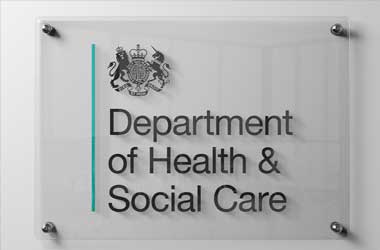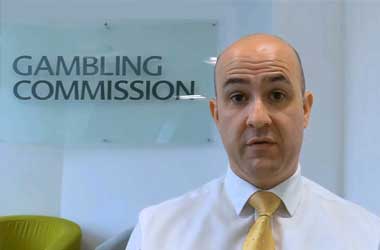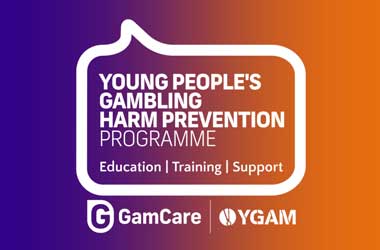
- Gambling has been identified as a risk factor for suicide rates in the UK
- The DHSC said gambling harm is a new priority for its suicide prevention strategy
- The agency will collaborate with the DCMS and UKGC to help address gambling-related issues
The UK’s Department of Health and Social Care (DHSC) has identified gambling as a “new priority” in its five-year strategy to reduce suicide rates across the country. The agency this week released details of the strategy which aims to address risk factors for the effective prevention of suicides.
Harmful gambling is among those cited as a risk factor, alongside financial difficulties, social isolation, substance misuse, physical illness, and domestic abuse.
Gambling Risk Factor for Suicides in the UK
Maria Caulfield, DHSC Undersecretary for Mental Health, stated that their five-year strategy will remain focused on groups with higher suicide rates or those that show concerning trends.
As gambling continues to come under the spotlight following the publication of the Gambling Act Review White Paper, the DHSC has now considered it a “new associated risk” for suicide, especially among those dealing with social issues such as poverty, prejudice, and ethnicity.
Citing data from a 2023 study by Public Health England on gambling-related harm, the DHSC acknowledged “increasing evidence” of the link between gambling harm and suicide, particularly in the younger demographic. In this regard, the DHSC backs new measures laid out in the White Paper aimed at enhancing gambling harm protection, especially for young people and other vulnerable groups.
The DHSC will also work closely with the UK Gambling Commission (UKGC) and the Department for Culture, Media, and Sport (DCMS) to improve communication and awareness of gambling risks and minimize gambling harm. Additionally, the DHSC will provide its input on the implementation of the proposed mandatory gambling harm research, education, and treatment (RET) levy.
The agency is currently conducting a review of NHS England’s existing treatment and support system, with the final report expected by the end of this year. The NHS will play a key role in DHSC’s suicide prevention strategy, and it will receive £150 million in capital funding from the UK government to boost its emergency care programmes, the DHSC confirmed.
That’s in addition to a £10 million fund that the government will also provide to voluntary, community, and social enterprise organizations (VCSE).
Addressing Risk Factors Key to Effective Suicide Prevention
Moving forward, the DHSC said it will prioritize addressing harmful gambling and other risk factors like online safety and domestic abuse to effectively prevent suicides.
The DHSC highlighted the need to examine these risk factors as many of them are shared across different individuals, groups, and communities. The DHSC believes addressing these risks will benefit specific groups and at the same time reduce suicide rates.









